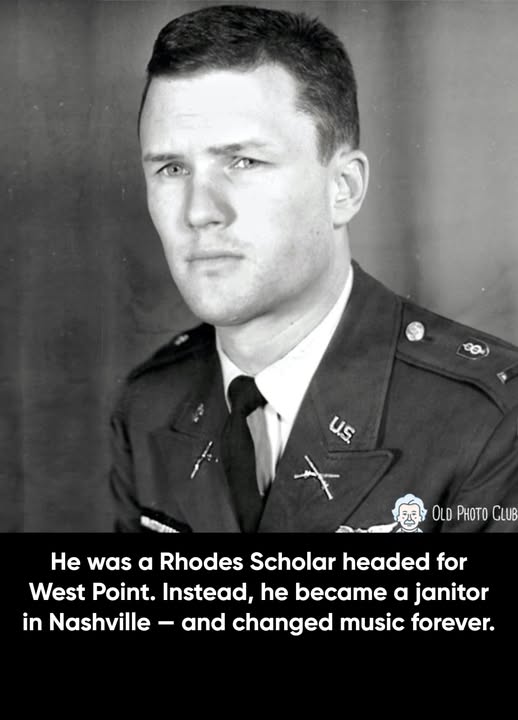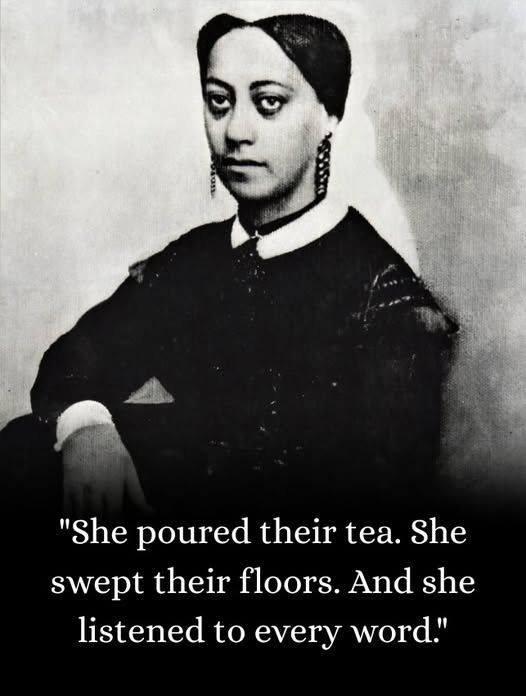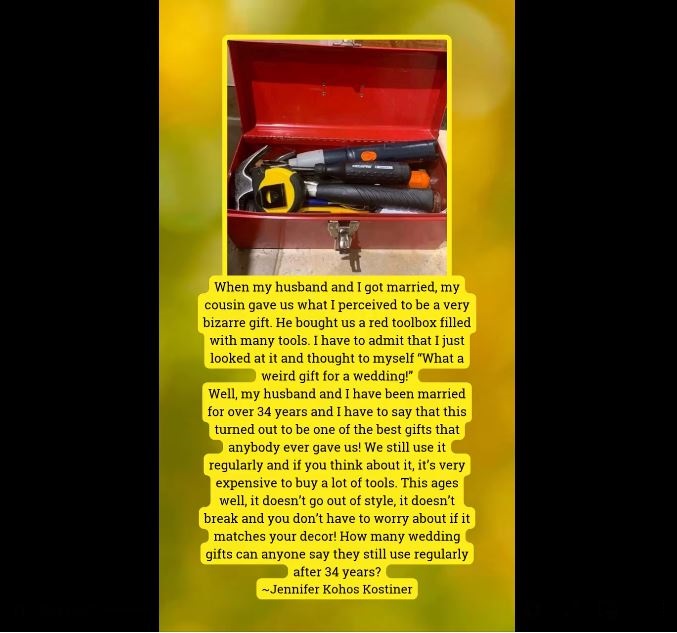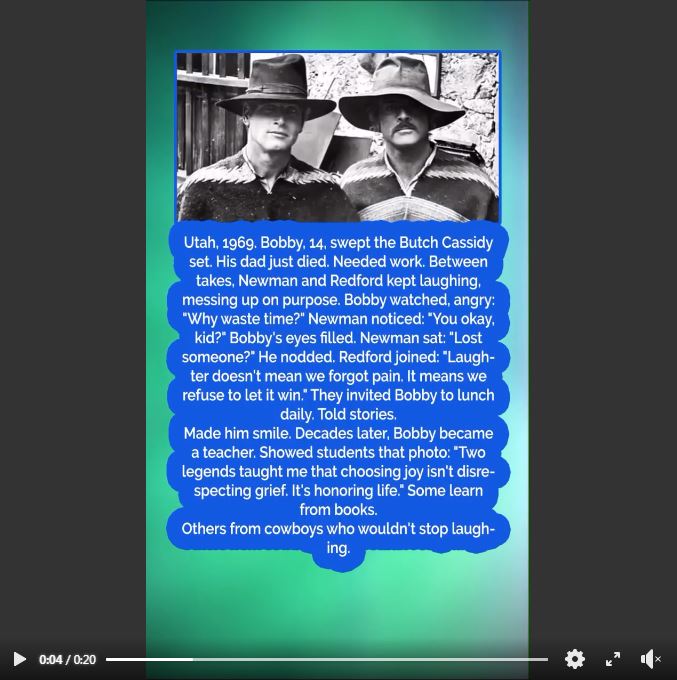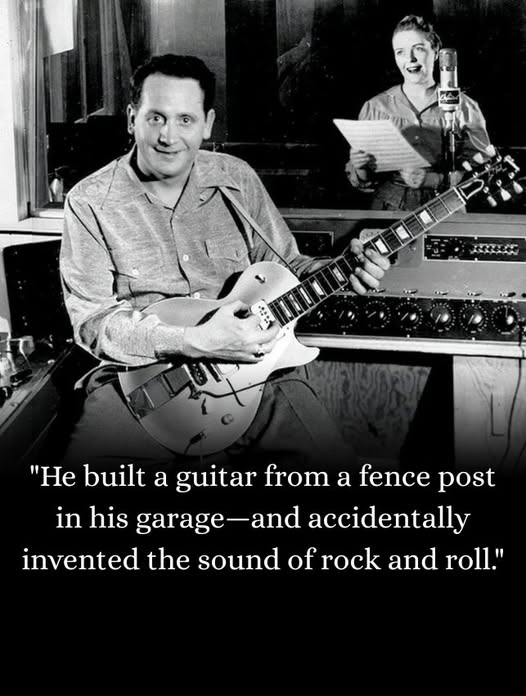
He built a guitar from a fence post in his garage—and accidentally invented the sound of rock and roll. Today marks what would have been the 110th birthday of a man whose name you might not know, but whose inventions you’ve heard in every song you’ve ever loved.
June 9, 1915. Waukesha, Wisconsin. Lester William Polsfuss was born into a world where music still meant orchestras, pianos, and acoustic instruments that could barely be heard past the third row. Electric amplification was science fiction. Recording studios didn’t exist. The idea that one person could layer their voice or instrument multiple times on a single track? Impossible.
Young Lester didn’t know he was supposed to accept those limitations. As a teenager in the 1920s, while other kids were playing baseball, Lester was in his garage building his own amplifiers from radio parts and telephone components. He taught himself guitar by listening to records and slowing them down to figure out how the notes worked. When existing guitars couldn’t produce the sounds he heard in his head, he started taking them apart and rebuilding them.
His neighbors thought he was strange. His mother worried he’d electrocute himself. He was just getting started. By the 1930s, performing as “Les Paul,” he was playing jazz clubs and radio shows. But he had a problem: acoustic guitars were too quiet. Even with a microphone, they got drowned out by drums and brass. And the hollow-body electric guitars that were starting to appear had their own issue—they fed back and howled when amplified too loud.
So in 1941, working in his garage in Queens, New York, Les did something that seemed absurd: he took a 4×4 piece of solid railroad pine—basically a fence post—attached a guitar neck to it, mounted some pickups, and connected it to an amplifier. It looked ridiculous. Musicians laughed at it. He called it “The Log.”But when he plugged it in and played, something magical happened. The sustain was incredible. The tone was clean. No feedback. No unwanted vibrations. Just pure, amplified sound that could cut through any band and sustain for days. The Log was the first true solid-body electric guitar. And it sounded like the future.
For years, Les tried to convince guitar manufacturers to produce it. They all said no. A solid chunk of wood with strings? That’s not a guitar. Nobody would buy it. In 1952, after rival Leo Fender released the Telecaster and started selling solid-body electrics successfully, Gibson finally approached Les Paul. They asked him to help design and endorse their version of a solid-body guitar. The Gibson Les Paul was born.
Today, it’s one of the most iconic guitars in history. Jimmy Page played one. Slash plays one. Eric Clapton, Jeff Beck, Gary Moore, Randy Rhoads—some of the greatest guitar moments in rock history came from that instrument. And it all started with a fence post in a garage.
But Les wasn’t done revolutionizing music. In 1947, he married Mary Ford, a brilliant singer and performer. Together, they started having hit records in the 1950s—”How High the Moon,” “Vaya Con Dios,” songs that sold millions of copies and topped the charts. But something about those records sounded… different. Impossible, actually. Mary’s voice would harmonize with itself. Multiple guitar parts would interweave in ways that shouldn’t be possible for one person to play. The sound had depth and dimension that no one had heard before.
Here’s why: Les Paul was inventing multitrack recording in his home studio. He built his own 8-track recorder by stacking tape machines and synchronizing them. He pioneered overdubbing—recording one part, then playing it back while recording another part on top of it. He developed tape delay effects. He invented close-miking techniques. He experimented with phasing and reverb. Every single one of those techniques is standard in every recording studio today. Every pop song, every rock album, every podcast uses methods Les Paul invented in his garage in the 1940s and 50s.
The Beatles’ “Sgt. Pepper”? Built on Les Paul’s techniques. Every hip-hop track with layered samples? Les Paul’s multitracking. That guitar solo that gives you chills? Probably played on a Les Paul guitar, recorded using Les Paul’s methods.
In 1988, Les Paul was inducted into the Rock and Roll Hall of Fame as a performer. In 2005, he was inducted into the National Inventors Hall of Fame for his technical innovations. He’s the only person ever inducted into both. Think about that. Celebrated equally as an artist and an inventor. A musician who could hang with the best jazz players in the world, and an engineer who held multiple patents for audio technology. The Rock and Roll Hall of Fame’s permanent exhibit about him calls him an “architect of modern music.” That’s not hyperbole. That’s exactly what he was.
Les Paul kept performing until he was 93 years old, hosting a weekly show at a jazz club in New York City where legends would drop by to jam with the man who’d invented the tools they used. He died August 12, 2009, at age 94.
But here’s the thing about Les Paul: he never really left. Every time you hear a power chord ring out at a concert, that’s The Log—his fence post guitar—echoing through time.
Every time a singer records harmonies with themselves, that’s Les in his garage, figuring out how to layer tape tracks. Every time a guitarist bends a note and lets it sustain into infinity, that’s the solid-body design he pioneered.
Most people who shaped the 20th century did it through politics or war or wealth. Les Paul did it from a garage in Queens with a soldering iron, a 4×4 piece of wood, and an unshakeable belief that if he could imagine a sound, he could build a way to create it. He proved that you don’t need a laboratory or a corporation or a fancy degree to change the world. You just need curiosity, determination, and a willingness to look ridiculous building a guitar out of a fence post while everyone tells you it’ll never work.
Today would have been his 110th birthday. The best way to celebrate? Turn on any song you love. Listen to the layered vocals. The sustaining guitar notes. The way each instrument occupies its own space in the mix. That’s all Les Paul. That’s his gift to every person who’s ever loved music.
Happy birthday to the man who taught us that innovation doesn’t happen in boardrooms—it happens in garages, at 2 am, when someone who refuses to accept “impossible” decides to build the future with their own hands.
